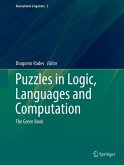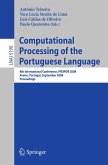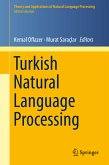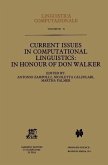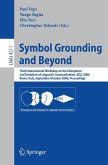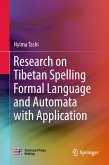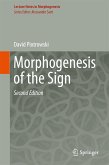· To challenge the student analytically, without requiring any explicit knowledge or experience in linguistics or computer science;
· To expose the student to the different kinds of reasoning required when encountering a new phenomenon in a language, both as a theoretical topic and as an applied problem;
· To foster the natural curiosity students have about the workings of their own language, as well as to introduce them to the beauty and structure of other languages;
· To learn about the models and techniques used by computers to understand human language.
Aside from being a fun intellectual challenge, the Olympiad mimics the skills used by researchers and scholars in the field of computational linguistics.
In an increasingly global economy where businesses operate across borders and languages, having a strong pool of computational linguists is a competitive advantage, and an important component to both security and growth in the 21st century.
This collection of problems is a wonderful general introduction to the field of linguistics through the analytic problem solving technique.
"A fantastic collection of problems for anyone who is curious about how human language works! These books take serious scientific questions and present them in a fun, accessible way. Readers exercise their logical thinking capabilities while learning about a wide range of human languages, linguistic phenomena, and computational models. " - Kevin Knight, USC Information Sciences Institute
Dieser Download kann aus rechtlichen Gründen nur mit Rechnungsadresse in A, B, BG, CY, CZ, D, DK, EW, E, FIN, F, GR, HR, H, IRL, I, LT, L, LR, M, NL, PL, P, R, S, SLO, SK ausgeliefert werden.
"This book presents 56 problems, with solutions, created for high school students competing in a computational linguistics olympiad. ... The interesting, elegant, and very diverse problems are fun to read and solve, and may be enjoyed not only by high school students, but also by current, future, or potential system thinkers, including programmers, analysts, or linguists." (H. I. Kilov, Computing Reviews, April, 2014)



